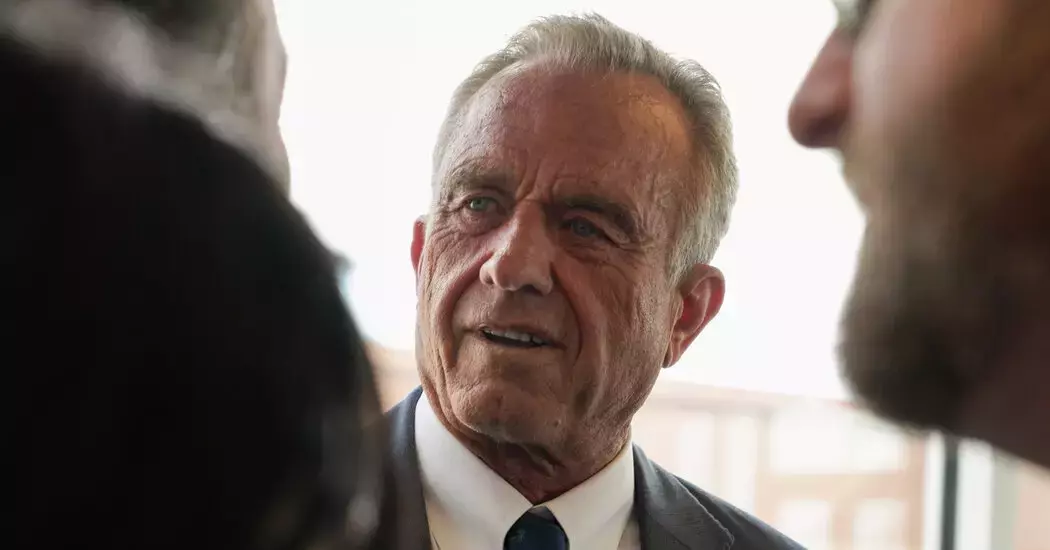
In a concerning turn of events, the current administration under Health Secretary Robert F. Kennedy Jr. has taken several actions that cast doubt on the efficacy and safety of vaccines. Despite presenting himself as a vaccine supporter during his Senate confirmation hearings, Kennedy's leadership has overseen decisions that question established scientific consensus. These moves include halting NIH funding for research into vaccine hesitancy, canceling CDC advertising campaigns, and reducing financial support to state health agencies responsible for childhood immunization programs. Additionally, the FDA's decision to hold closed meetings regarding flu vaccines and pausing reviews on certain vaccines further fuels skepticism among public health experts.
Since assuming office, Secretary Kennedy’s administration has adopted measures perceived as undermining trust in vaccines. The National Institutes of Health ceased backing studies aimed at understanding vaccine reluctance and exploring strategies to address it. This decision coincides with the termination of initiatives designed to develop new vaccines crucial for combating potential pandemics. Such actions have raised eyebrows within the scientific community, prompting concerns about the future trajectory of vaccination efforts.
The Centers for Disease Control and Prevention also opted not to proceed with an influenza vaccine promotional campaign. Furthermore, Kennedy publicly questioned the impartiality of scientists advising the CDC on vaccine matters, alleging significant conflicts of interest without providing credible evidence. Meanwhile, billions of dollars allocated to state health departments, essential for upgrading childhood immunization systems, were drastically reduced. Alarmingly, Kennedy claimed ignorance regarding this widely reported fiscal adjustment.
On another front, the Food and Drug Administration canceled an open session with scientific advisors concerning flu vaccines, opting instead for a private gathering. Moreover, the agency paused its evaluation of Novavax’s Covid vaccine, following Kennedy’s misleading assertion that comparable vaccines are ineffective against respiratory viruses. These developments have led some scientists to perceive a systematic attempt to weaken public support for routine vaccinations and discredit the researchers advocating for them.
As these policy shifts unfold, they pose a significant challenge to maintaining public confidence in vaccines as a cornerstone of public health. The cumulative effect of these decisions could potentially hinder vaccination efforts, thereby jeopardizing the health and safety of communities nationwide. It is imperative for policymakers to reconsider their stance and reaffirm the importance of vaccines in safeguarding public well-being.
